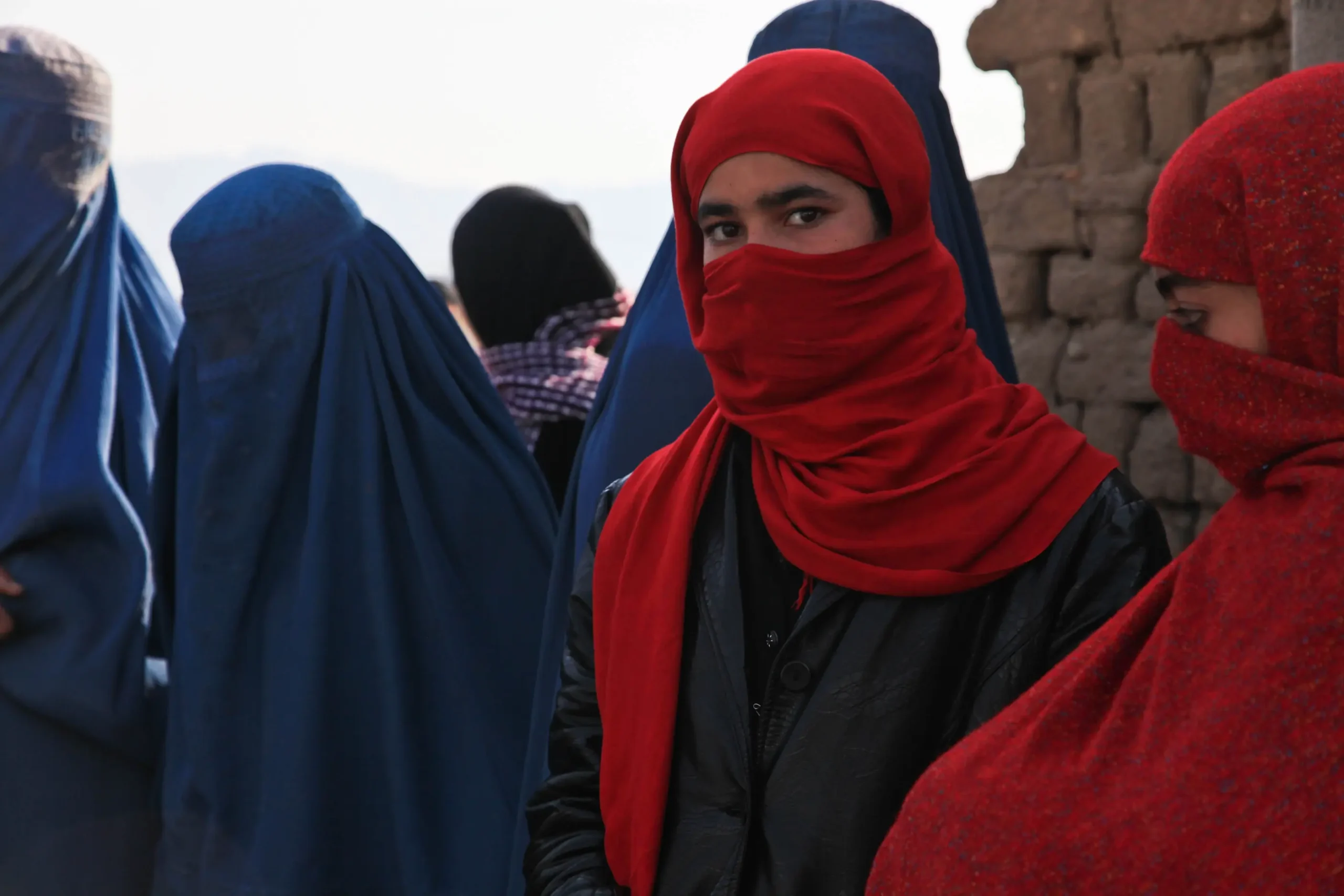The Taliban continues to forbid girls in Afghanistan from attending secondary schools. The radical Islamic group governing Afghanistan has barred girls from attending classes beyond sixth grade, making it the only country in the world with such restrictions on female education.
Women’s rights in Afghanistan have always been a matter of fierce struggle over regimes and generations, but the oppression that Afghan women and girls are experiencing since August 2021 is unmatched in terms of scale and generational impact.
The U.N. has warned that the ban on girls’ education remains the Taliban’s biggest obstacle to gaining recognition as the legitimate rulers of Afghanistan.
The Taliban, who took over in Afghanistan following the withdrawal of U.S. and NATO forces in 2021, claims girls continuing their education goes against the group’s strict interpretation of Islamic law.
Despite initially promising a more moderate rule, the Taliban have barred women from higher education, public spaces like parks and most jobs as part of harsh measures imposed. When the Taliban ruled Afghanistan in the 1990s, they also banned girls’ education.
UNICEF’s executive director Catherine Russell slammed the Taliban and called the systematic exclusion of girls “not only a blatant violation of their right to education, but also results in dwindling opportunities and deteriorating mental health.”
Recent household data from UNICEF’s Multiple Indicator Cluster Survey (MICS) proves that the better educated a girl is, the better chance she and her children will have to survive and thrive – especially if she completes high school.
A recent UN report shows that decades of progress on gender equality has been erased by a patchwork of over 70 decrees, directives, statements, and systemized practices introduced by the Taliban in less than three years targeting the rights, lives, and bodies of Afghan women and girls.
Since August 2021, the Taliban has undertaken an intensive and systematic dismantling of Afghanistan’s legal and institutional infrastructure, particularly targeting those who had supported the gender equality and women’s empowerment advances achieved under the Islamic Republic of Afghanistan between 2001 and 2021.
The decrees founded on the Taliban’s interpretation of Islamic law dictate women’s attire, strictly limit their movement and restrict access to education and professional opportunities, in effect eliminating their voices from public spaces.
Only one per cent of Afghan women feel they have influence in their communities, and 18 per cent report not meeting once with women outside their immediate family for the last three months.
Key international actors, including UN Special Rapporteur on the Situation of Human Rights in Afghanistan Richard Bennett, have used terms such as “gender apartheid” to describe the high levels of discrimination.
“Gender apartheid is not merely a theoretical possibility or legal construct, but a real threat and lived reality for millions of women and girls around the world,” he said in February.
The problem is that the term “Afghan women’s rights” has become nothing more than a hollow slogan. While the Taliban has come up with ever more brutal methods of oppression, the international community responds with empty proclamations and superficial actions.
Now is the time to find real solutions to an ongoing tragedy.
